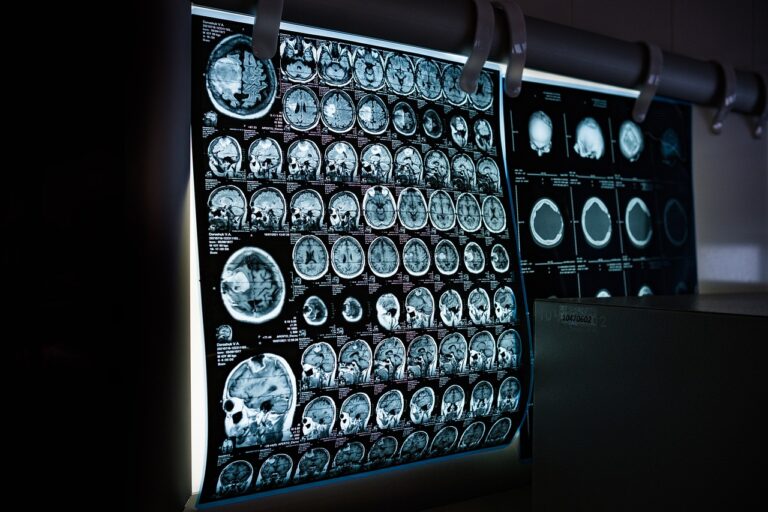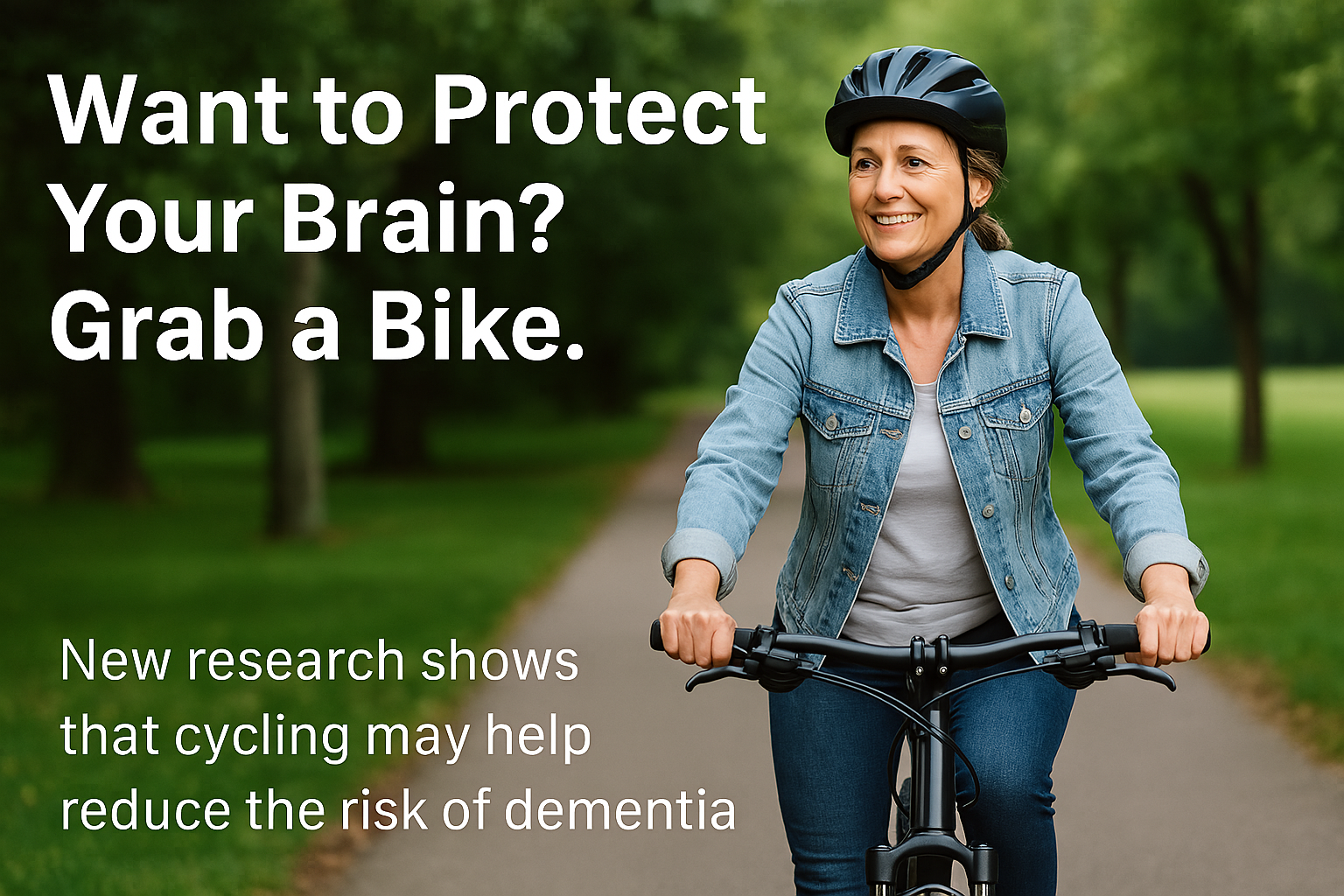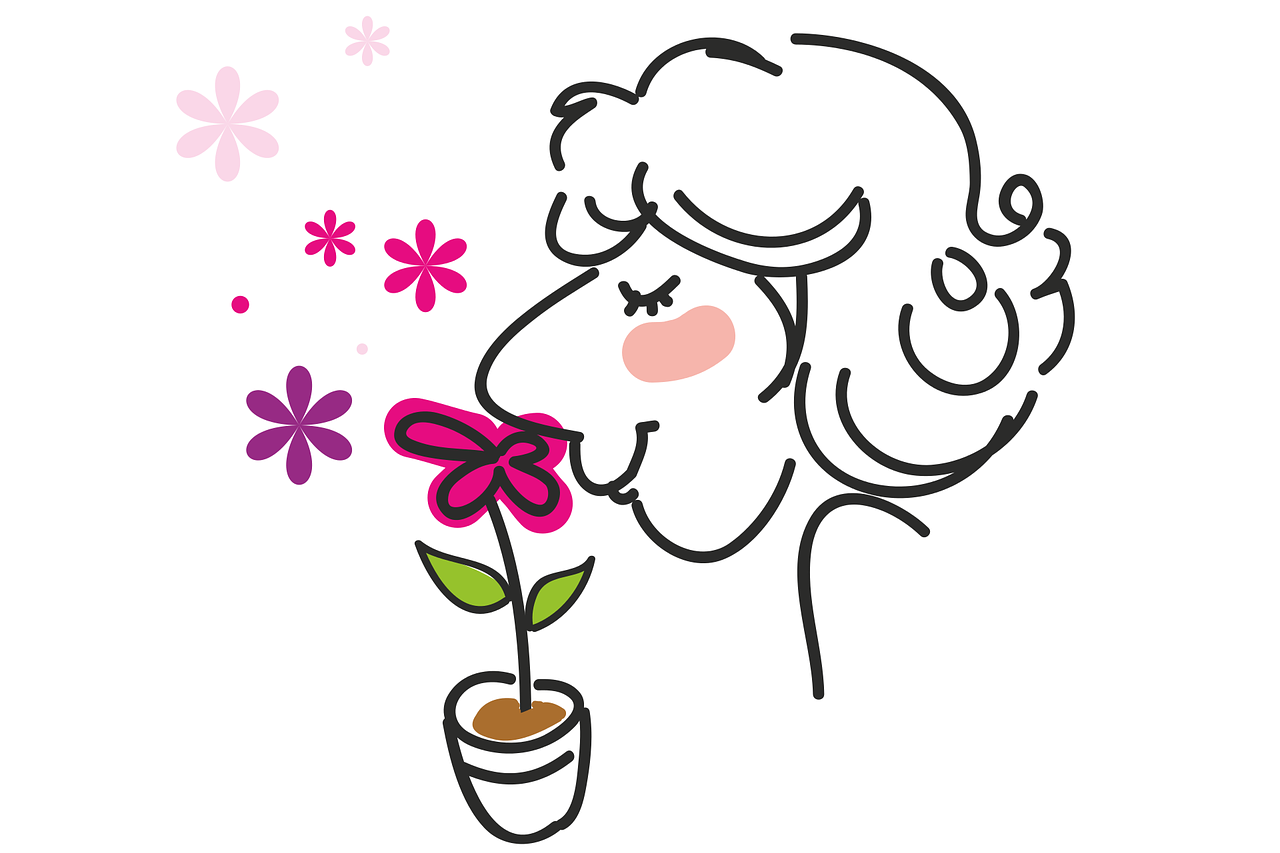
Get to Know Your Brain’s Map
VIDEO: If you follow the news on Alzheimer’s research and treatment, it helps to know your brain’s basics. Watch Neurologist Tim Rittman explore the brain and how is works.

VIDEO: If you follow the news on Alzheimer’s research and treatment, it helps to know your brain’s basics. Watch Neurologist Tim Rittman explore the brain and how is works.

RESISTING ALZHEIMER’S VIDEO: “Still Alice” author & neuroscientist Lisa Genova shares the latest science investigating dementia. See promising research on what to do to build an Alzheimer’s-resistant brain.

CNN VIDEO: An Alzheimer’s brain comes with two culprits: tangles of tau protein and plaque made of amyloid. Yesterday’s research focused on getting rid of amyloid. See how today’s new, cutting edge research is targeting tau, too.

THE SEVEN STAGES OF ALZHEIMER’S are helpful in finding the words to discuss Alzheimer’s. Caregivers find them particularly useful in support groups, as well as in conversations with doctors, family and care professionals.

UNDERSTANDING DEMENTIA – VIDEO & TRANSCRIPT:
If you have been confused by the terms “dementia” and “Alzheimer’s”, or mistakenly thought that they were the same thing, watch this film. Knowing the difference can be essential.

With all the information out there about Alzheimer’s, it’s hard to tease out which things are true, and which things are not. Some “facts” are really just myths. Find out which is which.

TEEPA CARE VIDEO:
Teepa Snow explains what to expect as dementia takes over the brain. Learn how our fascinating brains work and affect our behavior.

#1 BEST SELLING BOOK ON ALZHEIMER’S & DEMENTIA: “Continues to be the ‘bible’ of recommendation for any caregiver whose family member suffers from a dementia such as Alzheimer’s.” — Bookwatch
Learn more about “The 36-Hour Day”.

VIDEO:
Understand dementia better. Get helpful insights and key facts.

Three important dementia studies focus on HS-AGING, a type of dementia almost as common as Alzheimer’s in the 85+ group. Yet few people have heard of it. Why? What makes it different?

New research reveals that choosing a bike over a car might not just save gas—it could also help guard your brain against dementia, including Alzheimer’s. Here’s why cycling might be one of the smartest habits you can develop.

TWENTY MUSIC VIDEOS: Music says what words never can. Take in these engaging, moving songs about living well with Alzheimer’s.

TEEPA CARE-TIP VIDEO:
Dementia dangerously alters a person’s sense of smell. Teepa Snow brings to light what people with dementia smell – and what they don’t. Learn to prevent hazards and frustrations.

Three important dementia studies focus on HS-AGING, a type of dementia almost as common as Alzheimer’s in the 85+ group. Yet few people have heard of it. Why? What makes it different?

An intriguing study of 120 grandmothers might surprise you. Doctors know socially engaged people have better cognition and less dementia. But can a person get too much of a good thing? What’s the right balance?

Enjoy this great duet between a musician with dementia and his son. A triumph of spirit over Alzheimer’s! Sing-a-long if you like!

It looks like a sneeze cannot give anyone Alzheimer’s. While Alzheimer’s abnormal disease proteins do spread from cell-to-cell, they are not “infectious”. Check out the facts.
No spam, only news and updates.